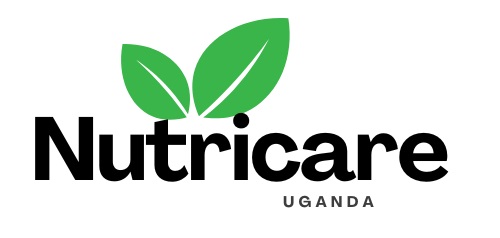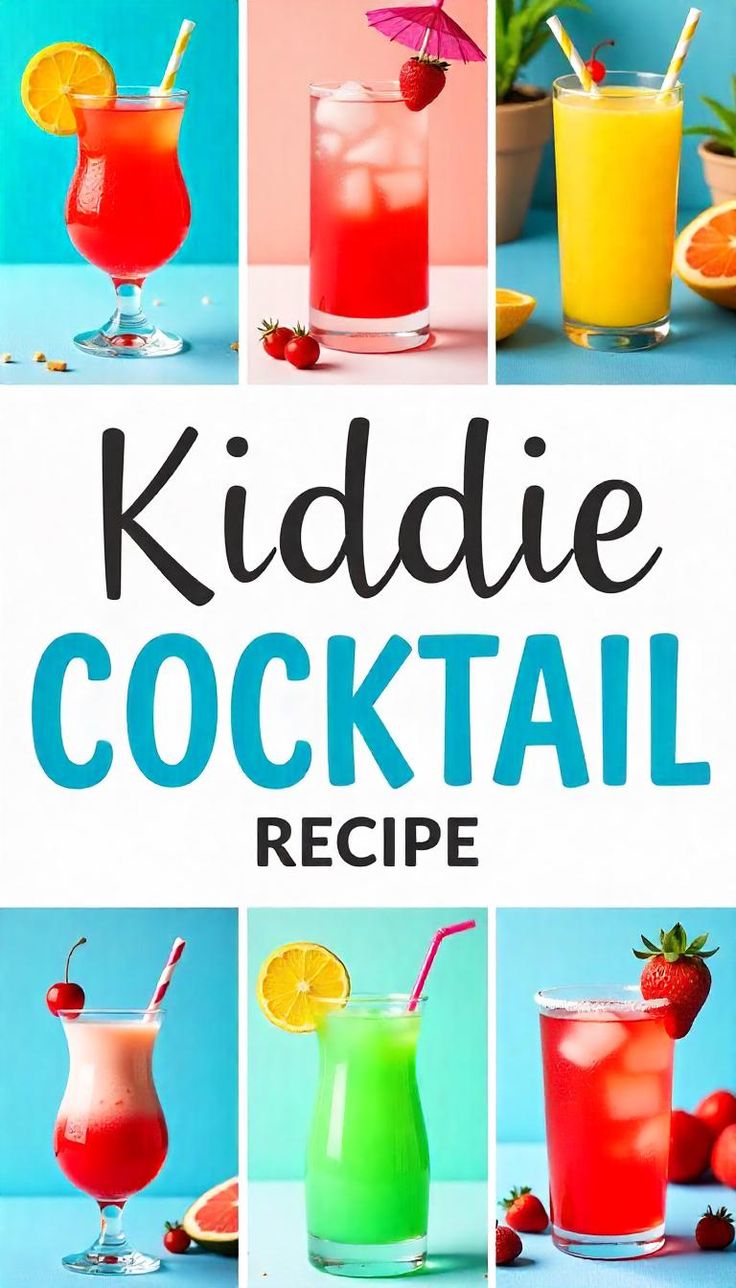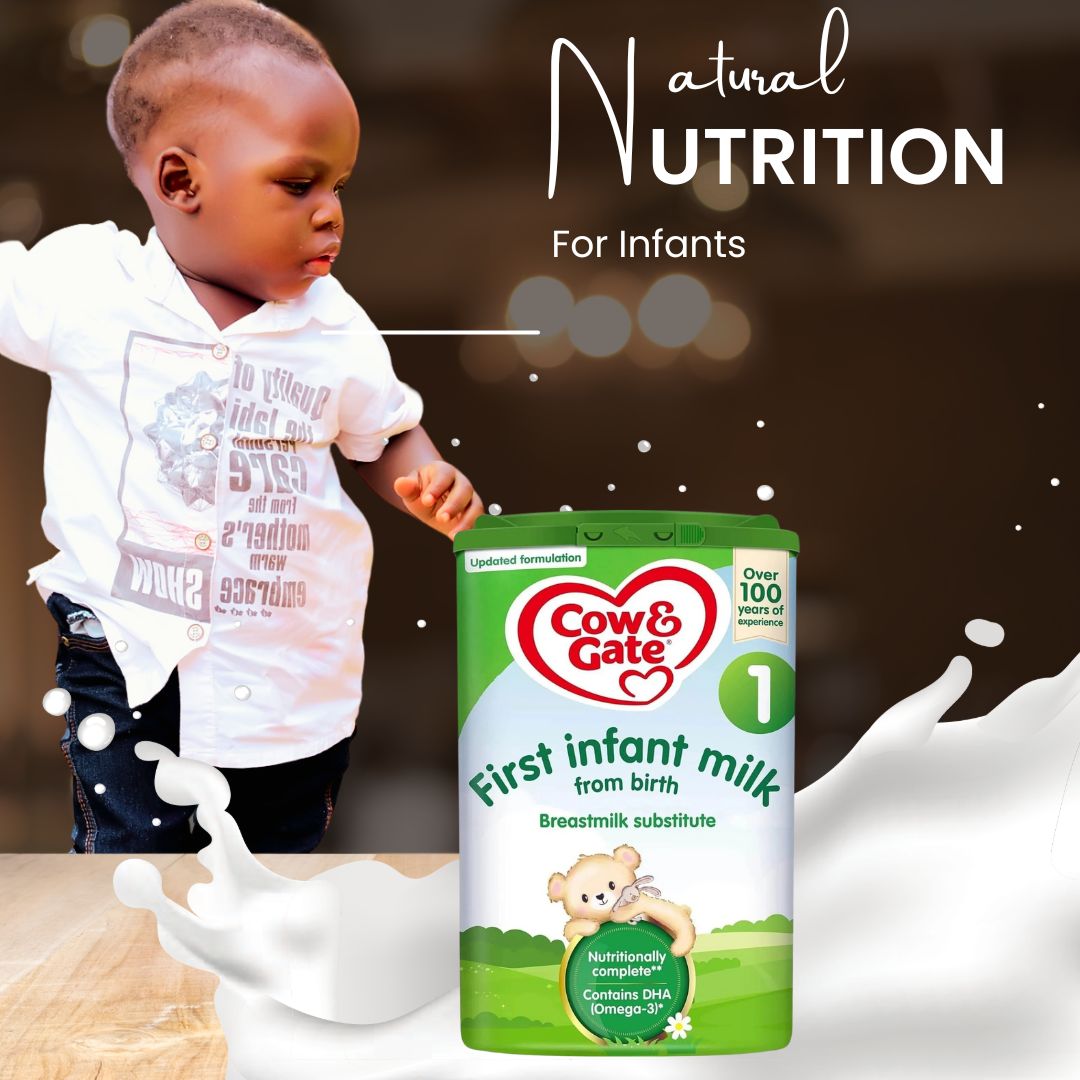Introduction
As toddlers transition from infant formula or breast milk to a more varied diet, they encounter a range of nutritional challenges. Fortified toddler drinks are increasingly becoming a staple in many households as parents seek to ensure their children receive the essential vitamins and minerals required for healthy growth and development. This article explores the benefits, considerations, and types of fortified toddler drinks available in the market.

What are Fortified Toddler Drinks?
Fortified toddler drinks are specialized beverages designed for children aged 1 to 3 years. These drinks provide additional nutrients that may not be sufficiently obtained from a toddler’s diet, which can often be limited and selective. Commonly fortified nutrients include:
-
- Calcium
-
- Vitamin D
-
- Iron
-
- Omega-3 fatty acids
-
- Protein
-
- B Vitamins
Why Choose Fortified Toddler Drinks?
Many toddlers can be picky eaters, making it challenging for parents to ensure their children receive a well-rounded diet rich in essential nutrients. Fortified toddler drinks offer several benefits, including:

-
- Nutrient Density: They provide concentrated sources of vitamins and minerals, helping to fill nutritional gaps.
-
- Convenience: Fortified drinks can be easily consumed on the go, making them ideal for busy families.
-
- Variety: They come in various flavors, which can encourage toddlers to try new tastes and textures.
-
- Support for Growth and Development: Nutrient-rich drinks can promote proper growth, cognitive development, and overall health.

When to Consider Fortified Toddler Drinks
Parents may consider introducing fortified toddler drinks in the following scenarios:
-
- Poor Appetite: If a toddler consistently refuses to eat or has a very limited diet.
-
- Dietary Restrictions: In cases where children have allergies or dietary limitations that prevent them from consuming certain food groups.
-
- Health Concerns: If a pediatrician recommends fortified drinks due to specific health concerns or nutritional deficiencies.
Types of Fortified Toddler Drinks
Fortified toddler drinks come in various forms, catering to different nutritional needs and preferences:
-
- Milk-based Drinks: These often mimic cow’s milk and provide essential nutrients like calcium and vitamin D.
-
- Plant-based Drinks: Dairy alternatives made from soy, almond, or oat, often fortified to meet nutritional needs.
-
- Meal Replacement Drinks: Formulated to provide a balance of protein, fat, and carbohydrates, suitable for toddlers on the go.
-
- Powdered Formulas: These can be mixed with water to create a nutrient-rich beverage.
What to Look for When Choosing Fortified Toddler Drinks
When selecting a fortified toddler drink, parents should consider the following factors:
-
- Nutritional Content: Review labels to ensure the drink provides the necessary vitamins and minerals.
-
- Age Appropriateness: Choose drinks specifically formulated for toddlers aged 1 to 3 years.
-
- Natural Ingredients: Look for products with fewer artificial additives and sweeteners.
-
- Taste and Texture: Consider what your child enjoys to encourage consumption.
Potential Concerns with Fortified Toddler Drinks
While fortified toddler drinks can offer numerous benefits, there are some concerns to be aware of:
-
- Overconsumption of Certain Nutrients: Excessive intake of certain vitamins, like vitamin A or iron, can lead to health issues.
-
- Dependency: Relying too heavily on these drinks may lead to poor eating habits regarding solid foods.
-
- Cost: High-quality fortified drinks can be more expensive than whole foods.
-
- Added Sugars: Some drinks may contain added sugars, which can contribute to unhealthy eating patterns.
Guidelines for Incorporating Fortified Toddler Drinks into the Diet
To optimize the benefits, consider the following guidelines:
-
- Use fortified drinks as a supplement to a balanced diet, not a replacement for meals.
-
- Consult with a pediatrician before introducing any new drinks, especially if your child has specific dietary needs.
-
- Monitor intake to ensure that your child is not exceeding recommended daily values for certain nutrients.
-
- Encourage a diverse diet with fruits, vegetables, grains, and proteins alongside fortified drinks.
Conclusion
Fortified toddler drinks can be a valuable addition to a child’s diet, providing essential nutrients that support growth and development. However, they should be considered a supplement rather than a primary source of nutrition. By making informed choices and consulting with healthcare professionals, parents can ensure their toddlers receive balanced nutrition tailored to their needs.
FAQs
Are fortified toddler drinks necessary for all toddlers?
No, not all toddlers need fortified drinks. Most can obtain necessary nutrients from a well-balanced diet. However, they may be beneficial for toddlers with dietary restrictions or poor appetites.
How can I choose the best fortified toddler drink?
Look for drinks that are age-appropriate, have natural ingredients, and meet your child’s nutritional needs without excessive added sugars or artificial additives.


